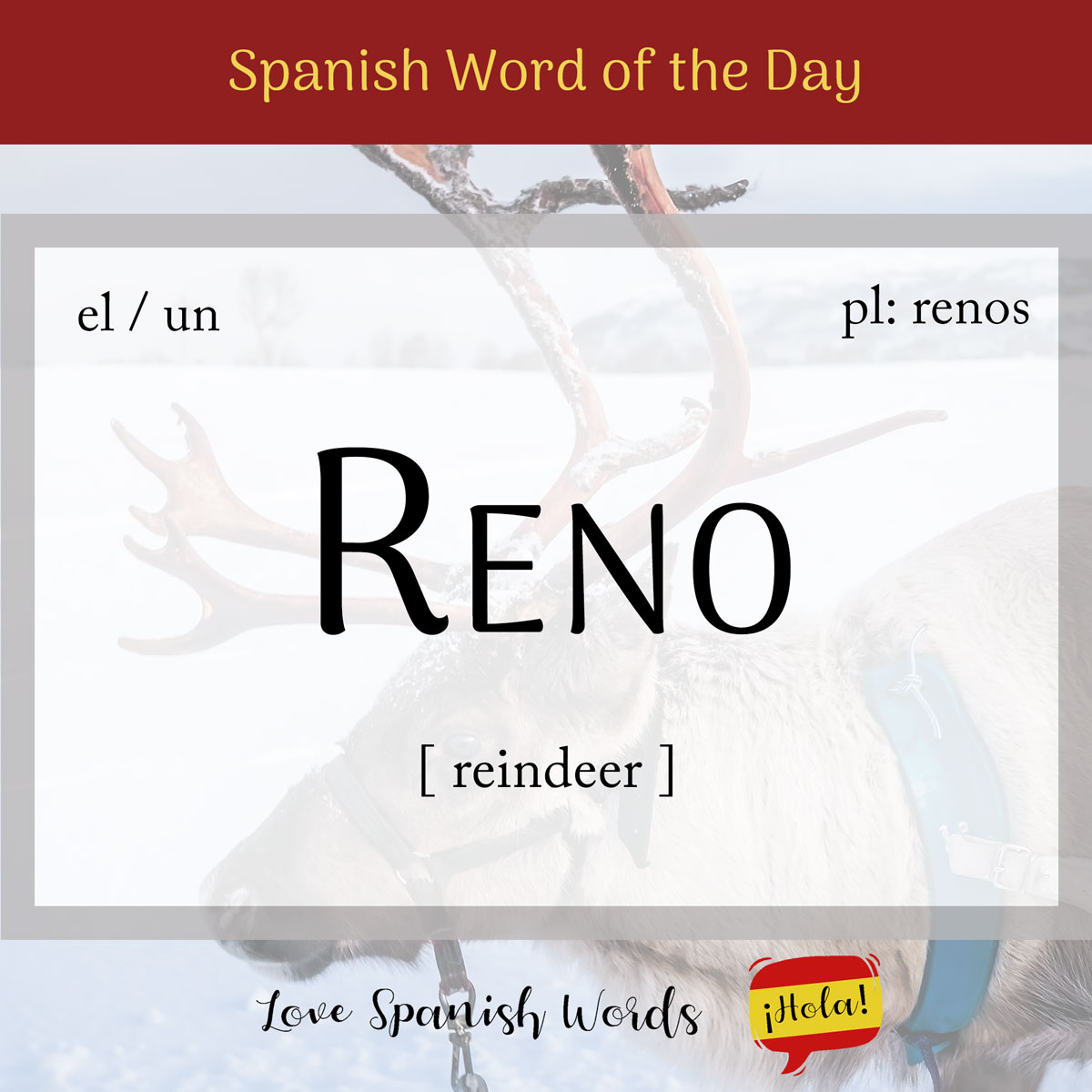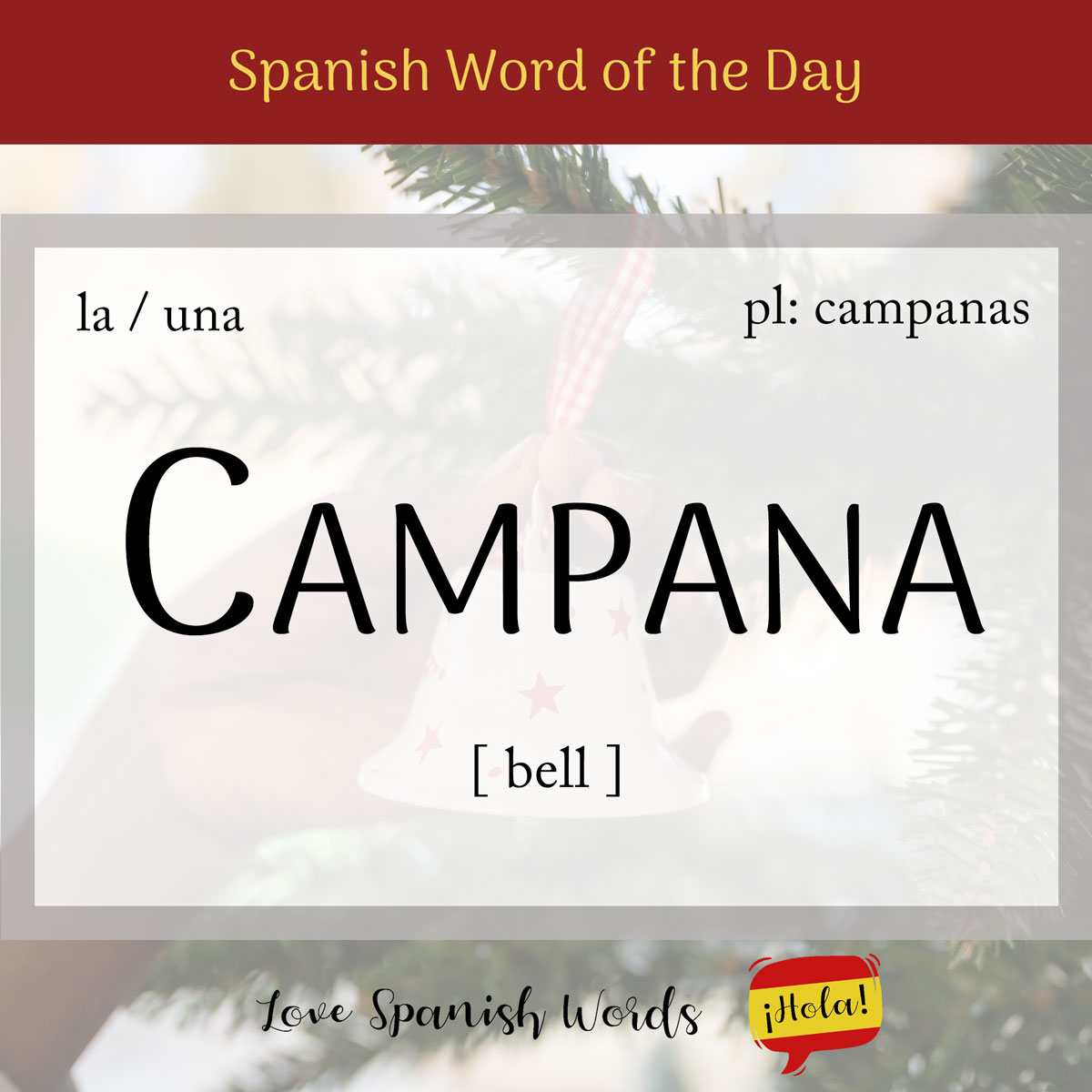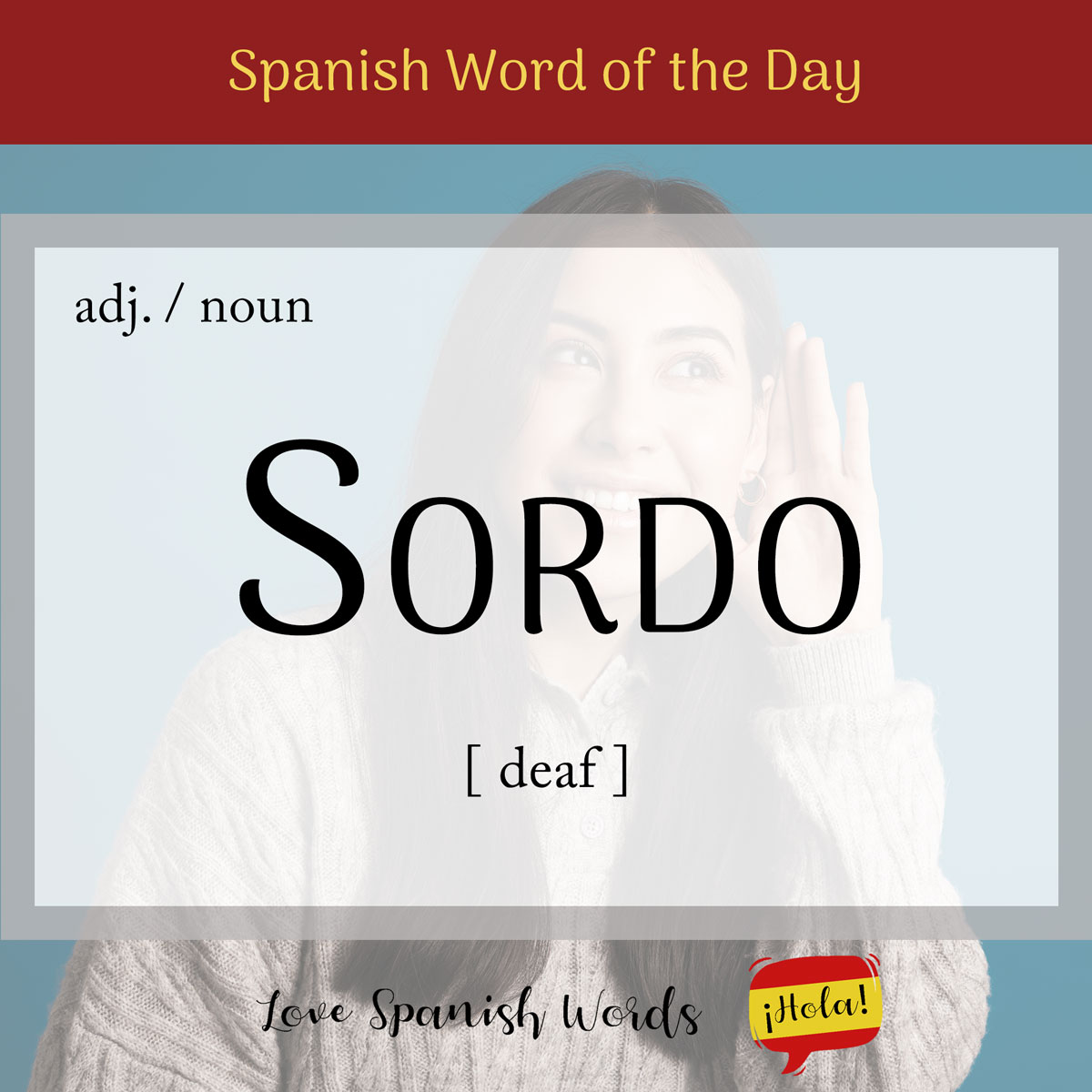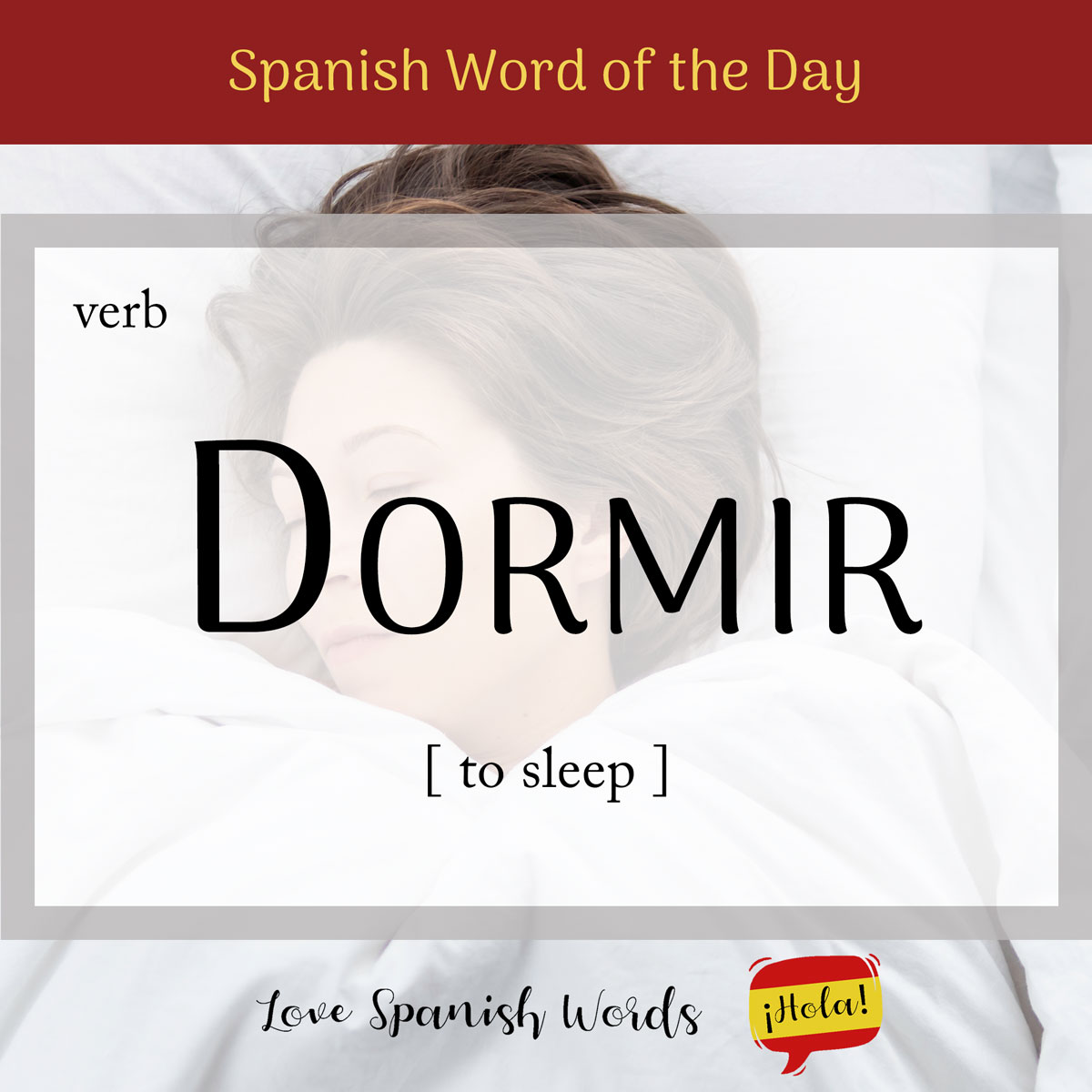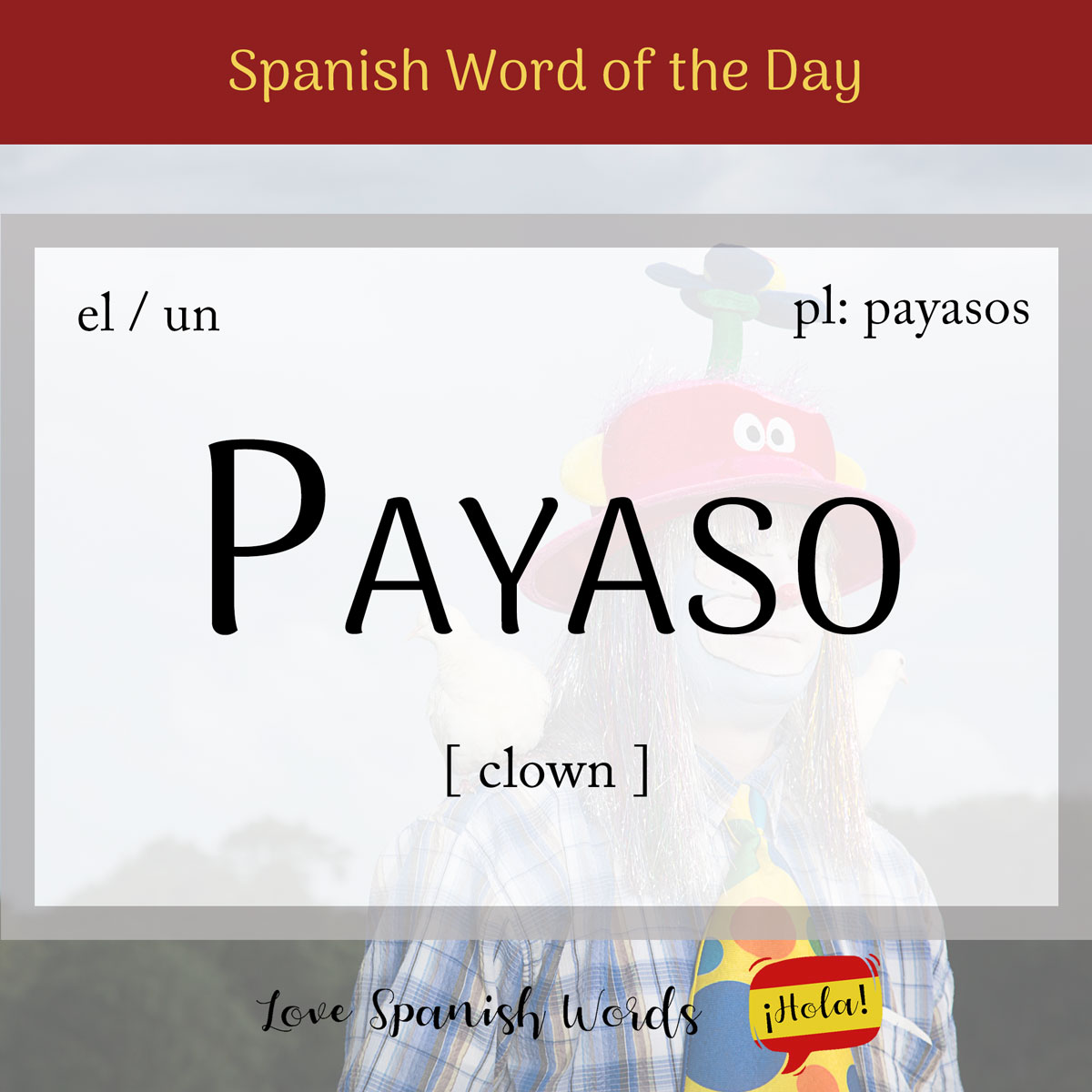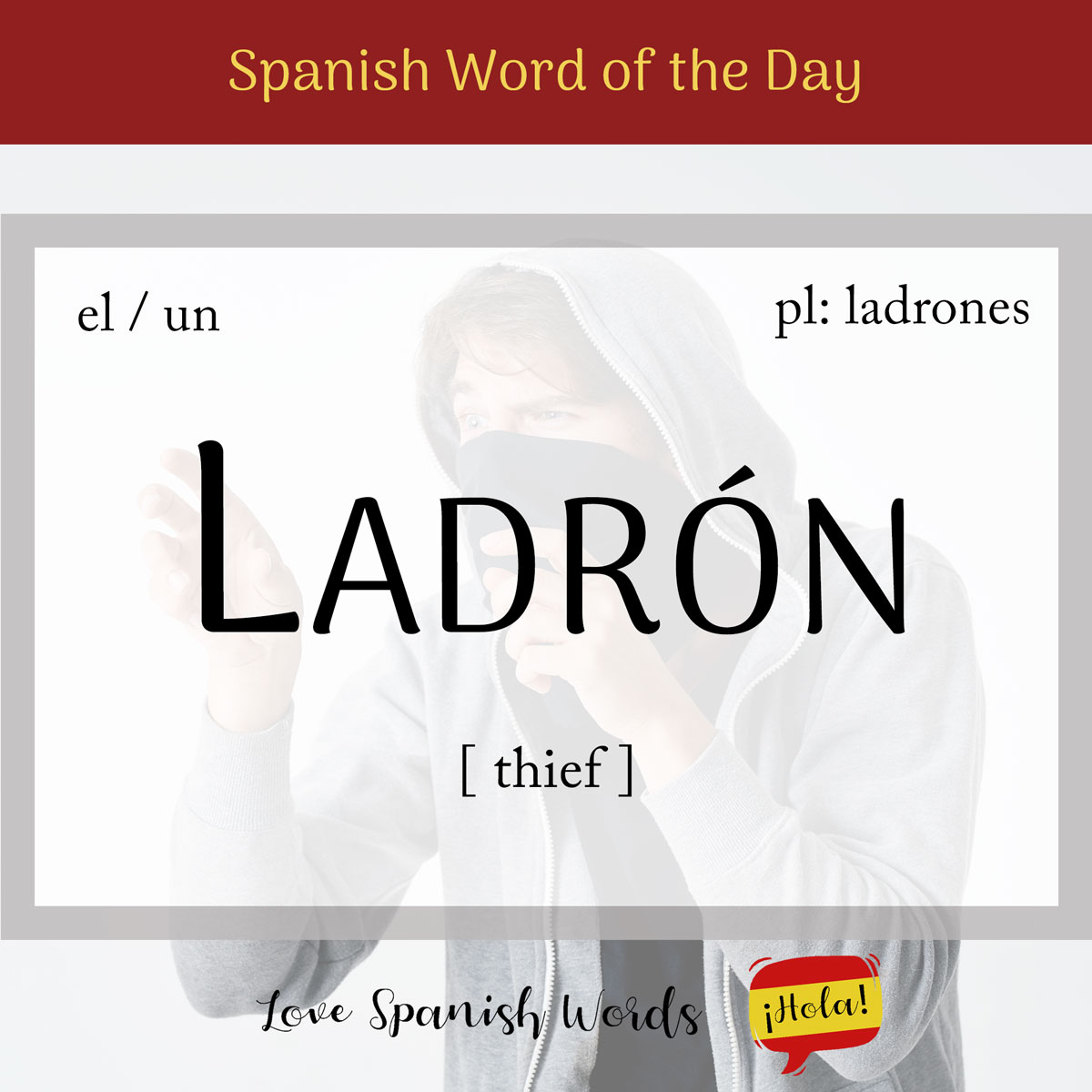Spanish Word of the Day: Reno (reindeer)
Reindeer are remarkable creatures, famously linked to pulling Santa’s sleigh at Christmas. However, there’s much more to these unique animals than their festive reputation—they possess incredible abilities and a distinctive appearance. Interestingly, their Spanish name, reno, traces its origins back to Old Norse: reinrū, derived from reinn, meaning reindeer. Latin American Pronunciation European Pronunciation Reno …

